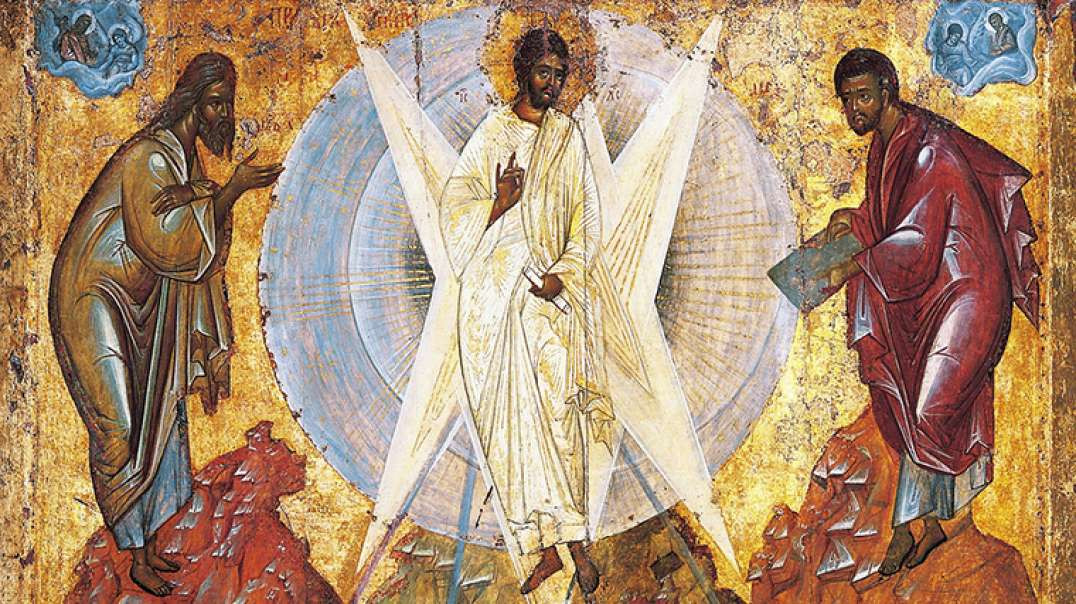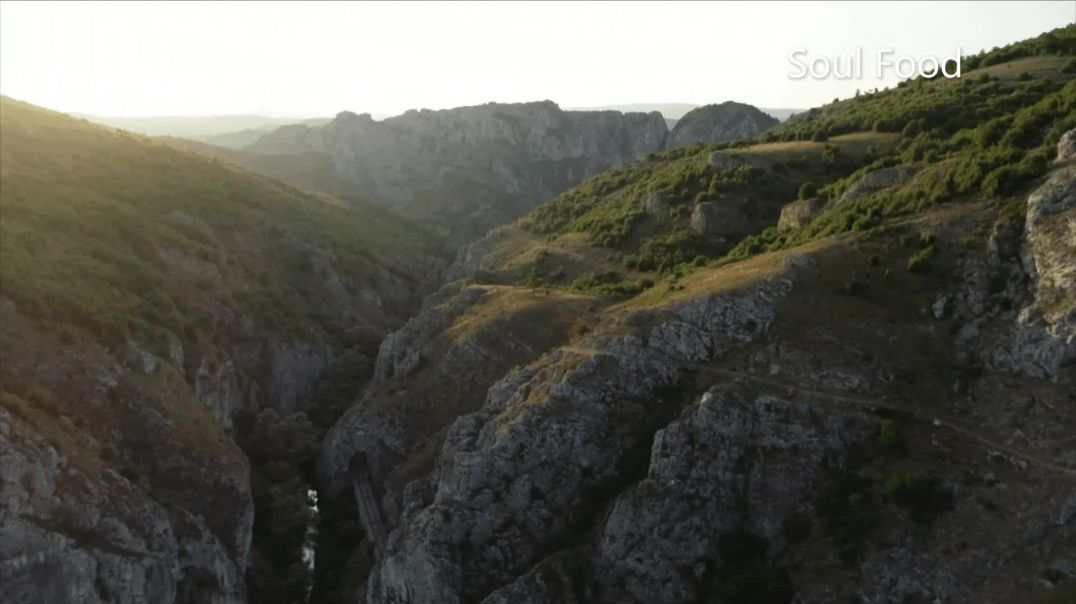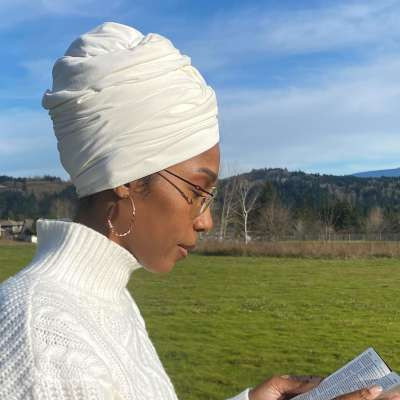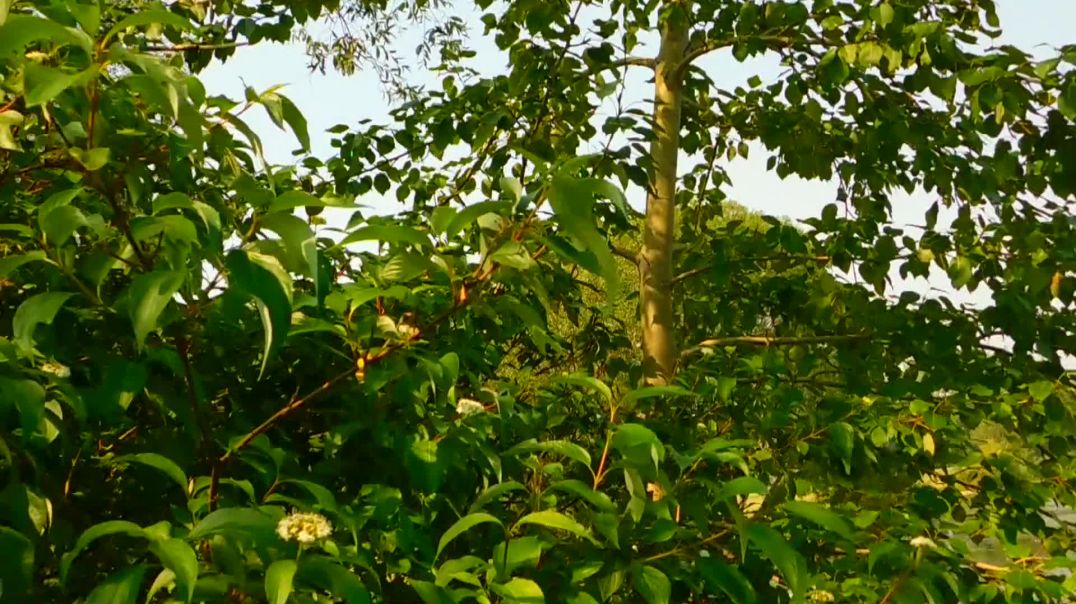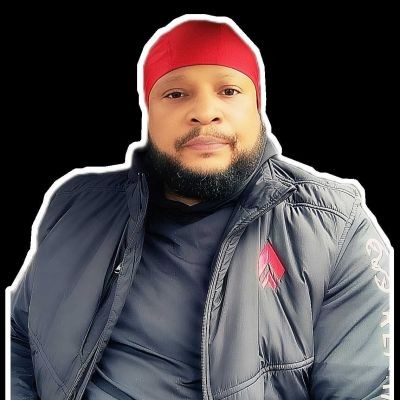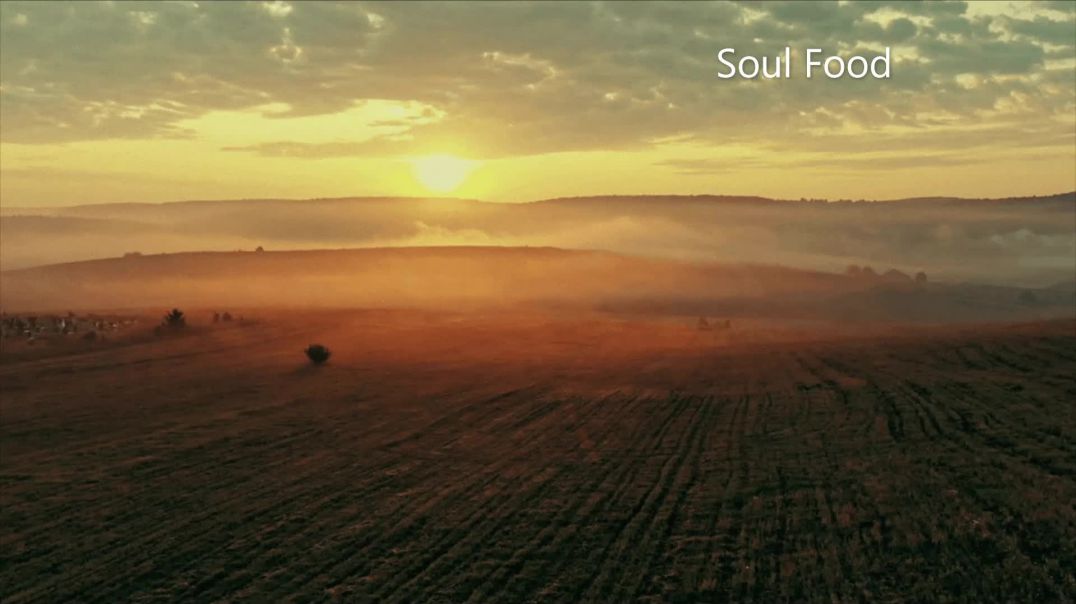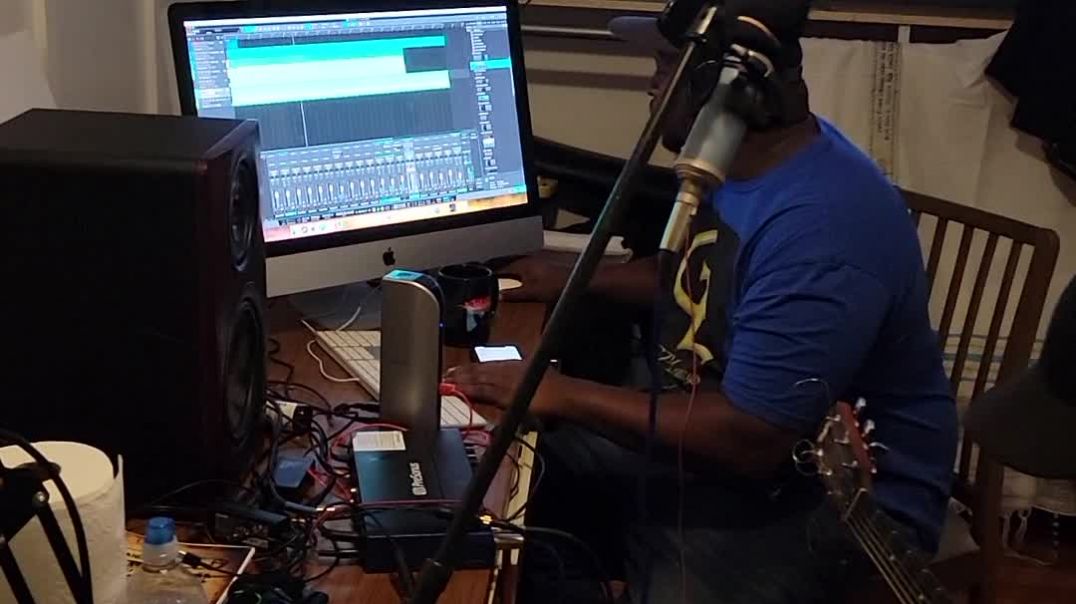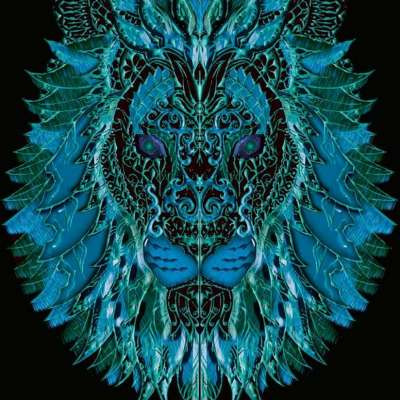Latest videos

Listen: Dawad Mix Show- Sundays 1PM GMT
www.truthmusicradio.com
Follow:
@truthmusicradio
https://www.facebook.com/truthmusicradio
https://twitter.com/truthmusicradio
Donate:
https://www.patreon.com/truthmusicradio
https://www.paypal.com/paypalme/truthmusicradio

Listen: www.truthmusicradio.com
Follow:
@truthmusicradio
https://www.facebook.com/truthmusicradio
https://twitter.com/truthmusicradio
Donate:
https://www.patreon.com/truthmusicradio
https://www.paypal.com/paypalme/truthmusicradio

Listen: www.truthmusicradio.com
Follow:
@truthmusicradio
https://www.facebook.com/truthmusicradio
https://twitter.com/truthmusicradio
Donate:
https://www.patreon.com/truthmusicradio
https://www.paypal.com/paypalme/truthmusicradio

Listen: www.truthmusicradio.com
Follow:
@truthmusicradio
https://www.facebook.com/truthmusicradio
https://twitter.com/truthmusicradio
Sponsor:
https://www.patreon.com/truthmusicradio
https://www.paypal.com/paypalme/truthmusicradio

Truth and Banter, Inspiring topics revealing unfiltered truth with a bit of banter brought to you by Truth Music Radio. A demanding podcast aired bi weekly, bridging the gap between the truth and every day scenarios. Hosted by N'biyah, Sha'al, Truth Music singer Sistah Char and the Fashion Jew; Richard Flash.
Follow:
@truthandbanter
@shaaltruth
@nbiyahyasharahla
@sistahchar
@richards_flash87
Filmed by:
@tazpromedia
--------------------------------------------------------------------
--------------------------------------------------------------------
Listen:
www.truthmusicradio.com
Follow:
@truthmusicradio
https://www.facebook.com/truthmusicradio
https://twitter.com/truthmusicradio
Sponsor:
https://www.patreon.com/truthmusicradio
https://www.paypal.com/paypalme/truthmusicradio

Listen: www.truthmusicradio.com
Follow:
@truthmusicradio
https://www.facebook.com/truthmusicradio
https://twitter.com/truthmusicradio
Donate:
https://www.patreon.com/truthmusicradio
https://www.paypal.com/paypalme/truthmusicradio

Truth and Banter, Inspiring topics revealing unfiltered truth with a bit of banter brought to you by Truth Music Radio. A demanding podcast aired bi weekly, bridging the gap between the truth and every day scenarios. Hosted by N'biyah, Sha'al, Truth Music singer Sistah Char and the Fashion Jew; Richard Flash.
Follow:
@truthandbanter
@shaaltruth
@nbiyahyasharahla
@sistahchar
@richards_flash87
Filmed by:
@tazpromedia
--------------------------------------------------------------------
--------------------------------------------------------------------
Listen:
www.truthmusicradio.com
Follow:
@truthmusicradio
https://www.facebook.com/truthmusicradio
https://twitter.com/truthmusicradio
Sponsor:
https://www.patreon.com/truthmusicradio
https://www.paypal.com/paypalme/truthmusicradio

Listen: www.truthmusicradio.com
Follow:
@truthmusicradio
https://www.facebook.com/truthmusicradio
https://twitter.com/truthmusicradio
Donate:
https://www.patreon.com/truthmusicradio
https://www.paypal.com/paypalme/truthmusicradio

Listen: www.truthmusicradio.com
Follow:
@truthmusicradio
https://www.facebook.com/truthmusicradio
https://twitter.com/truthmusicradio
Donate:
https://www.patreon.com/truthmusicradio
https://www.paypal.com/paypalme/truthmusicradio

Listen: www.truthmusicradio.com
Follow:
@truthmusicradio
https://www.facebook.com/truthmusicradio
https://twitter.com/truthmusicradio
Donate:
https://www.patreon.com/truthmusicradio
https://www.paypal.com/paypalme/truthmusicradio

Listen: www.truthmusicradio.com
Follow:
@truthmusicradio
https://www.facebook.com/truthmusicradio
https://twitter.com/truthmusicradio
Donate:
https://www.patreon.com/truthmusicradio
https://www.paypal.com/paypalme/truthmusicradio

Truth and Banter, Inspiring topics revealing unfiltered truth with a bit of banter brought to you by Truth Music Radio. A demanding podcast aired bi weekly, bridging the gap between the truth and every day scenarios. Hosted by N'biyah, Sha'al, Truth Music singer Sistah Char and the Fashion Jew; Richard Flash.
Follow:
@truthandbanter
@shaaltruth
@nbiyahyasharahla
@sistahchar
@richards_flash87
Filmed by:
@tazpromedia
--------------------------------------------------------------------
--------------------------------------------------------------------
Listen:
www.truthmusicradio.com
Follow:
@truthmusicradio
https://www.facebook.com/truthmusicradio
https://twitter.com/truthmusicradio
Sponsor:
https://www.patreon.com/truthmusicradio
https://www.paypal.com/paypalme/truthmusicradio

Listen:
www.truthmusicradio.com
Follow:
@truthmusicradio
https://www.facebook.com/truthmusicradio
https://twitter.com/truthmusicradio
Sponsor:
https://www.patreon.com/truthmusicradio
https://www.paypal.com/paypalme/truthmusicradio

Listen: www.truthmusicradio.com
Follow:
@truthmusicradio
https://www.facebook.com/truthmusicradio
https://twitter.com/truthmusicradio
Sponsor:
https://www.patreon.com/truthmusicradio
https://www.paypal.com/paypalme/truthmusicradio

A deeper look into Truth Music Radio with N'biyah, on Truant Nation | truthmusicradio.com is the home for 'truth music' globally.
Presenter: @N'biyahyasharahla
--------------------------------------------------------------------------------------
Follow: @truthmusicradio
www.truthmusicradio.com
---------------------------------------------------------------------
Follow Us on Instagram
https://www.instagram.com/truantnation/
---------------------------------------------------------------------
submissions: truantnation@gmail.com


